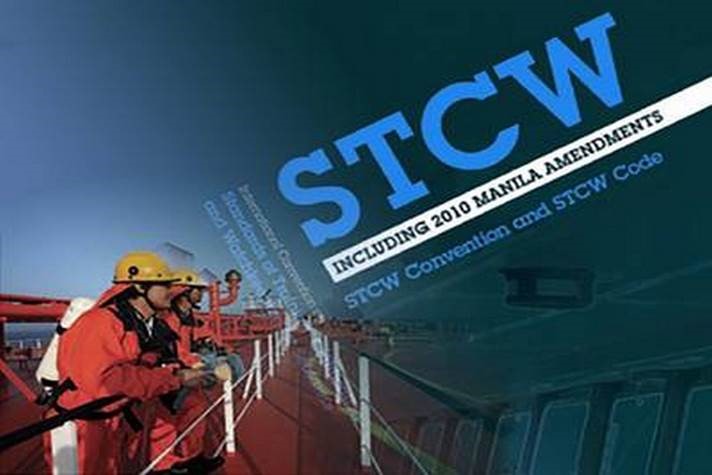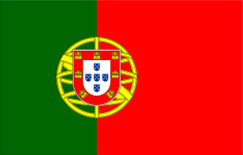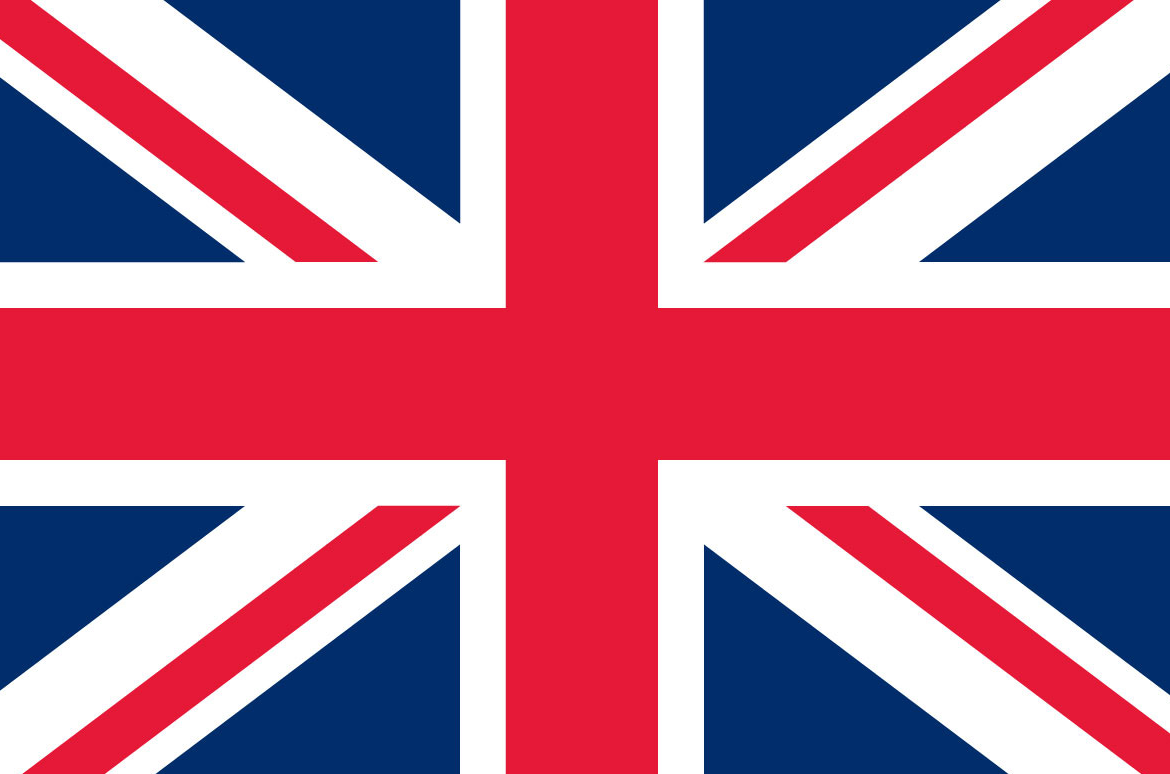Following the inaccuracies implicit in a "news" issued by APORMAR, entitled "Australia does not recognize STCW from Portugal", the DGRM considers necessary to make the following clarification:
- The STCW certificates subject to the process of recognition by endorsement by a State that is Party to the Convention in order for foreign seafarers to be authorised to perform their duties on board ships flying its flag are the following: issued under regulations II/1(officer in charge of a navigational watch), III/1 (chief engineer officer) and III/6 (electro-technical officer) for operational level duties; for management level duties, the certificates under regulations II/2 (masters and chief mates) and III/2 (chief engineer officer and second engineer officer); and for performing radio duties and operating radio equipment the certificates under regulations IV;
- In addition to these, ratings as well as officers having on board specific duties and responsibilities relating to cargo or cargo equipment on oil, chemical or liquefied gas tankers, must also have their regulation V/1 certificates of proficiency recognised by endorsement by the flag country where they will serve;
- The remaining certificates of qualification of regulations II/4, II/5, III/4, III/5, of Chapter V - certification of personnel of certain types of ships (with the exception of tankers) and of regulation VI - emergency, accident prevention, safety and medical care functions, in accordance with the Convention itself, are not subject to recognition by endorsement and the issuing country is directly responsible for their authenticity and validity;
- In accordance with the EUROPEAN PARLIAMENT AND COUNCIL DIRECTIVE 2008/106/EC of 19 November 2008 - concerning the minimum level of training of seafarers, in its updated version, the European Union produced a Recognition Decision of Australia covering the determinations of article 19 of the above mentioned Directive, regarding the minimum training requirements for seafarers;
- In order for the process of recognition by endorsement of certificates to then run normally, it becomes necessary that the EU member country and the third country conclude between themselves a memorandum of understanding under Regulation I/10 of the STCW 78 Convention, as amended;
- Thus, the States Parties to the Convention have mechanisms for confirmation and validation of the certification that is displayed, and States are free to enter into protocols of recognition of certificates with other States, in accordance with their recruitment policy and this does not mean that the training and certification does not comply with the obligations and requirements of the Conventions and applicable directives;
- Portugal has already entered into memoranda of understanding with dozens of non-EU countries and, if justified, may also sign with Australia at any time under STCW 78 Rule I/10;
- For Portugal to conclude a bilateral protocol with Australia depends only on full and complete compliance by both States with the provisions of the STCW Convention, as confirmed from time to time in the "White List" identified in MSC: Circ.1164-rev 20, of which Portugal and Australia are listed.
- Up to the present date it has not been necessary to proceed to the conclusion of the referred protocol and, on the other hand, we have not been contacted by any national seafarer who has been confronted with this situation, concerning the recognition of the above-mentioned certificates of regulations II/1, II/2, III/1, III/2, III/6, IV/2 and V/1;
- Australia maintains on its Internet site the identification of the countries with which it has signed a protocol, which identifies the countries of origin of foreign seafarers boarding ships flying the Australian flag or vice-versa, and does not include, naturally, Portugal or other countries that have not yet signed a protocol with that country, such as Spain or Brazil;
- The fact of not having signed a protocol yet, does not mean that the STCW certificates issued by these countries are not recognized by Australia, being any statement to the contrary abusive;
- In any case, it is important to underline that the countries are sovereign in their decisions regarding ships flying their flag and the celebration of protocols is only compulsory when there are seafarers (with CoC or CoP subject to recognition).
Finally, it is also important to remember that the standards of training and certification issued by Portugal for national seafarers meet all the requirements contained in the STCW Convention and Directive 2008/106/EC, being periodically audited by the International Maritime Organization (IMO) and the European Commission (through the European Maritime Safety Agency - EMSA) to ensure this compliance.
Throughout history and also today, many national seafarers are working for ship owners and companies belonging to many countries around the world, without any of them having been refused or having problems with the recognition of their STCW certificates issued by the Portuguese Republic. It is also verified that the approximately 800 Merchant Navy Officers currently active, as well as many other seamen and ratings professionals, opt, in the main, to work for European and American ship owners and companies, with a very small number working for companies from the Far East and Oceania.
Therefore, the "news" issued by APORMAR, whose title and content states or suggests the suspicion that the training and STCW certificates issued in Portugal are not valid in Australia, is considered false, since it has no correspondence with reality. In the opposite sense it is also not true, that is, that Portugal does not accept STCW certificates issued by Australia, as what is essential in this matter is to belong to the "White List" indicated above.
The deep respect that the Portuguese professionals who choose a career at sea deserve, leads DGRM to appeal to the use of accuracy in the statements made about the national seafarers, under penalty of being damaging the careers of many of them.




